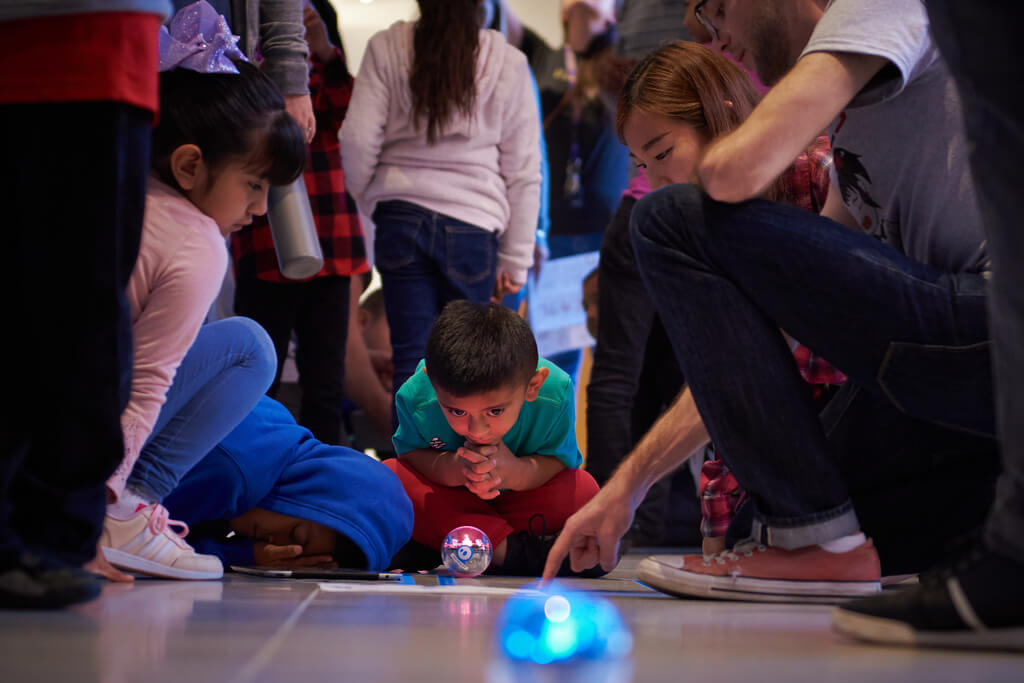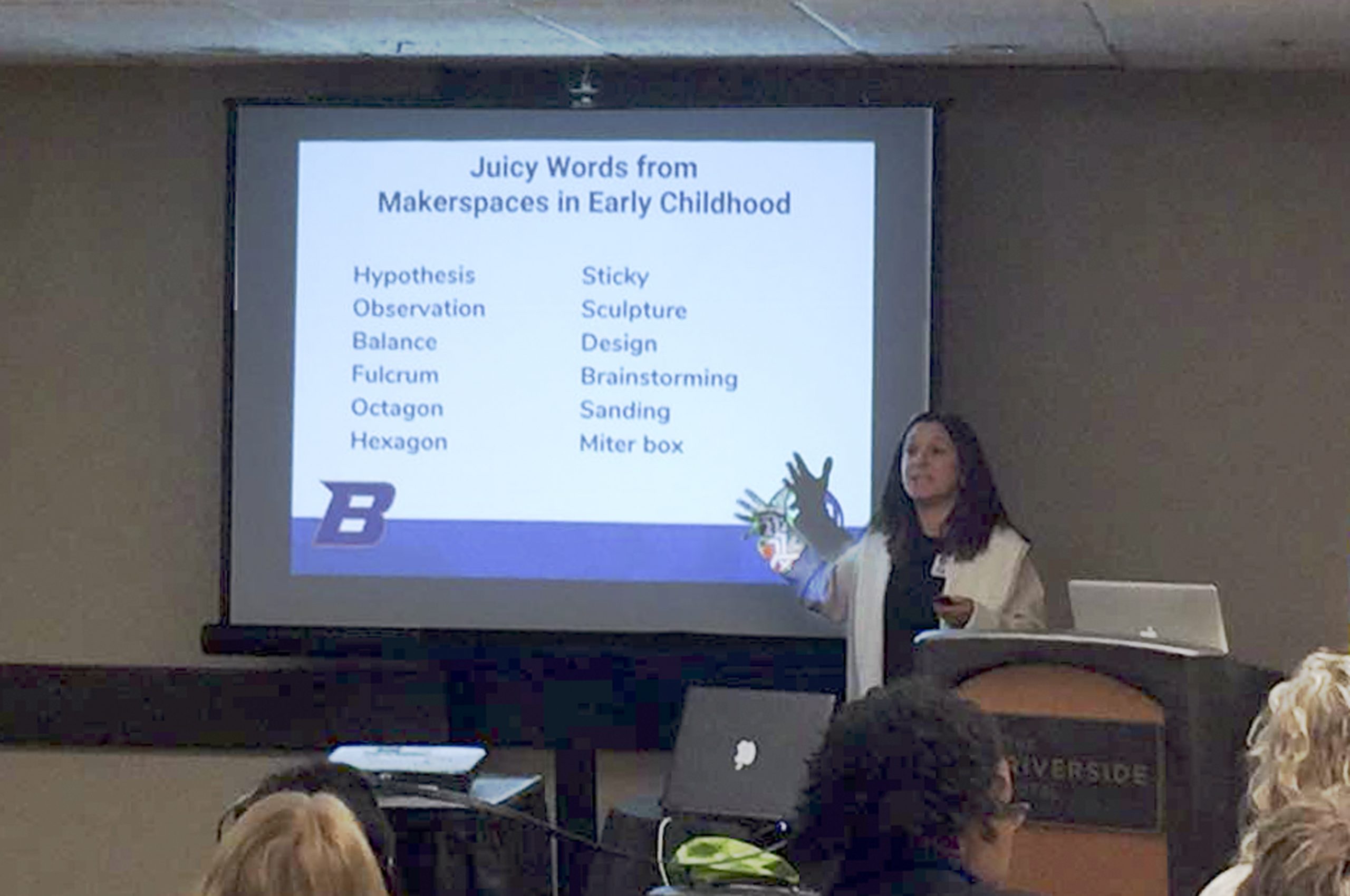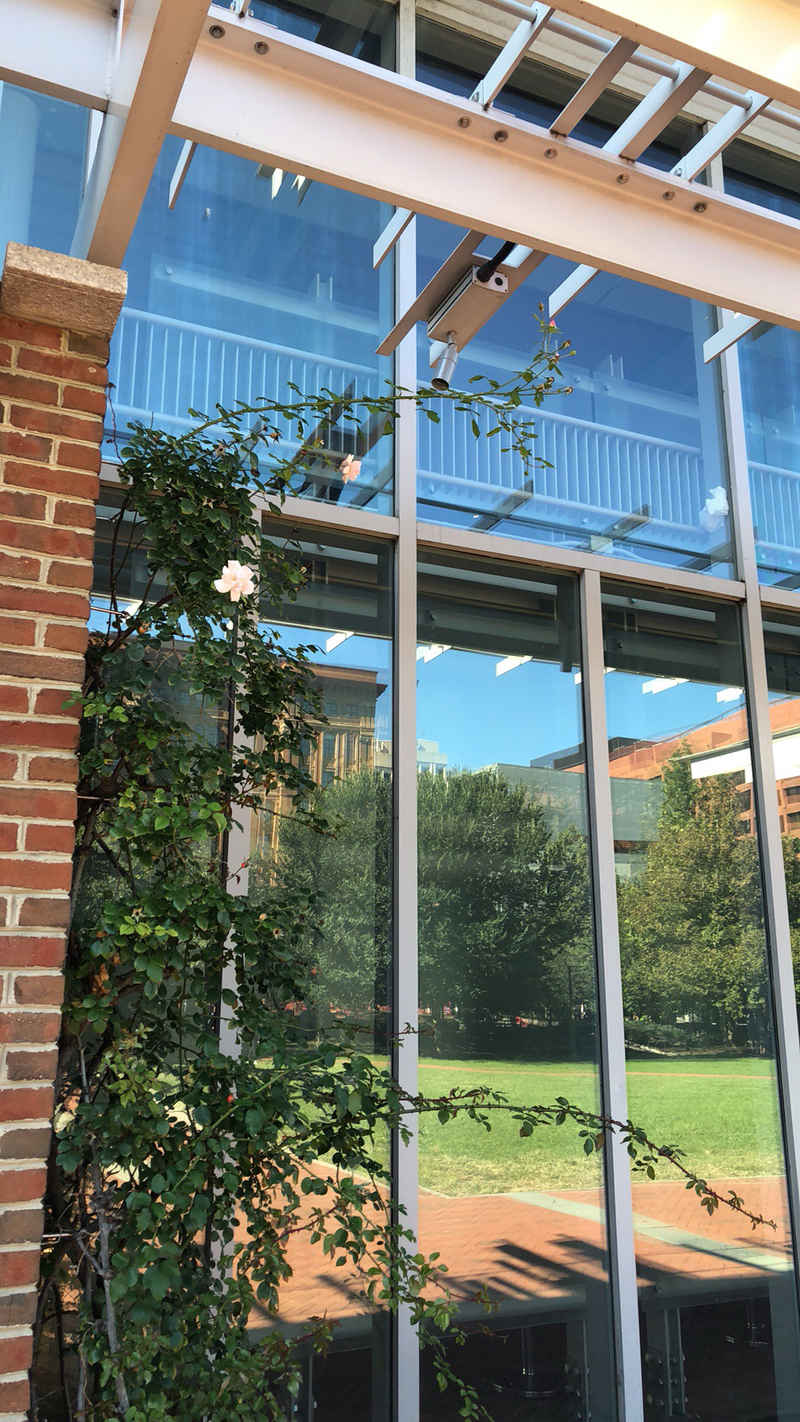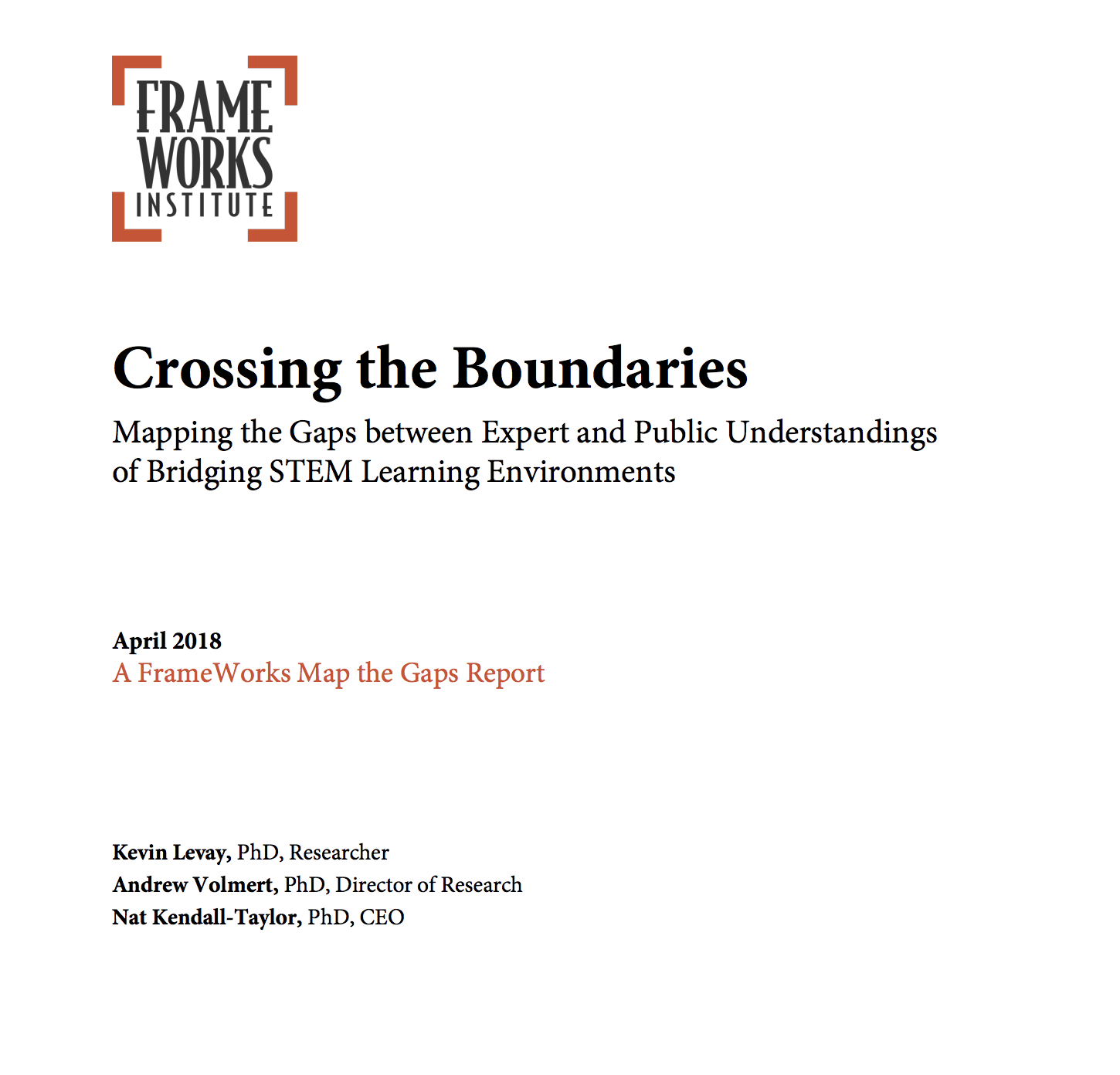The Joan Ganz Cooney Center at Sesame Workshop is thrilled to announce the recipients of the Families Learning Across Boundaries (FamLAB) Spark Grants, a program designed to identify, support, and promote innovative approaches to help children and youth ages 3-12 learn more deeply across home, community, and school settings. These four cross-sectoral teams represent a community of researchers, practitioners, and developers who are exploring ways to facilitate learning across boundaries, and these projects were selected for their potential to scale and to influence other partnerships in communities around the nation.
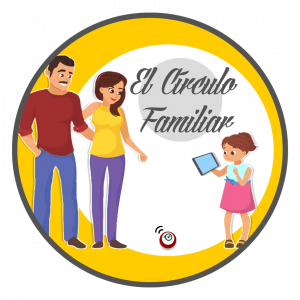
El Círculo Familiar is a partnership between the University of Southern California (USC) Viterbi School of Engineering, PBS SoCal, and the Critical Media Project at USC Annenberg School for Communication and Journalism. These organizations will collaboratively strengthen a family-school-community-university ecosystem to engage Latino families in early STEM education. El Círculo extends the in-school computer science engagement provided to first- and second-grade students in three neighborhood schools by USC Viterbi’s Building Opportunities with Teachers in Schools (BOTS), bringing their families into the STEM learning circle. PBS SoCal’s Early Education team will introduce these families to digital learning through bilingual Saturday playshops, donating tablets loaded with PBS’s educational apps so families can extend their growing media fluency at home. The Critical Media Project will use active techniques to empower families and students while countering some stereotypes that suggest only certain people have the knowledge and skills to become proficient in STEM, robotics, and computer science. And USC’s School of Engineering program, Viterbi Adopt-a-School Adopt-a-Teacher (VAST), creator of the BOTS program and other robotics engagements for elementary students, adds USC student volunteers and campus lab tours to further bolster the families’ identities as STEM learners and encourage the children to attend college.
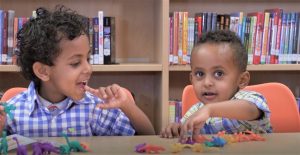
Family Math is a collaboration between Zeno and Washington STEM that aims to establish a process to create messaging around the value of early math with low-income Latinx communities in Central and Eastern Washington state. By bringing together Washington STEM’s regional STEM networks and Zeno’s model for early math family engagement, the Family Math project will work with families and community leaders to to assess existing attitudes, beliefs, and resources around early math, and identify effective communications channels and community messengers in selected communities. The project team will develop tools to solicit authentic, meaningful feedback from the families in this program to co-create a core messaging framework that emphasizes families as a child’s first and most important math teachers and amplifies family voices as strong math advocates in their communities, and then outline a process for adapting the framework to other low-income communities of color.
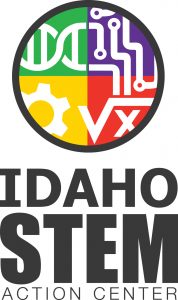 Let Our Powers Combine— Idaho’s Early STEM Network Initiative focuses on developing a network of early STEM advocates to articulate the current deficiencies in early STEM education, identify best practices, and implement pilot programs to reach the many underserved populations throughout the state of Idaho. Led by the Idaho STEM Action Center (STEM AC), this network aims to provide early education professionals the tools and language needed to be facilitators of inquiry-based STEM education A summit will take place in October 2018 to convene representatives from government agencies, libraries, research institutions, and community-based organizations to discuss research focused on STEM in the early years, create relationships between potential partners, and deploy a coordinated implementation of early STEM education throughout Idaho. In addition, the summit will identify pilot programs that engage underserved and underrepresented populations that reach children ages 0 to 8. These pilot programs will be supported by research from Boise State University (BSU) as well as resources from Idaho Public Television (such as new PBS activities), library programs, Idaho Out-of-School Network programs, and the STEM AC. In the summer of 2019, the early STEM network will reconvene to evaluate the pilot programs, reflect on lessons learned and set new goals and an action plan for future activities.
Let Our Powers Combine— Idaho’s Early STEM Network Initiative focuses on developing a network of early STEM advocates to articulate the current deficiencies in early STEM education, identify best practices, and implement pilot programs to reach the many underserved populations throughout the state of Idaho. Led by the Idaho STEM Action Center (STEM AC), this network aims to provide early education professionals the tools and language needed to be facilitators of inquiry-based STEM education A summit will take place in October 2018 to convene representatives from government agencies, libraries, research institutions, and community-based organizations to discuss research focused on STEM in the early years, create relationships between potential partners, and deploy a coordinated implementation of early STEM education throughout Idaho. In addition, the summit will identify pilot programs that engage underserved and underrepresented populations that reach children ages 0 to 8. These pilot programs will be supported by research from Boise State University (BSU) as well as resources from Idaho Public Television (such as new PBS activities), library programs, Idaho Out-of-School Network programs, and the STEM AC. In the summer of 2019, the early STEM network will reconvene to evaluate the pilot programs, reflect on lessons learned and set new goals and an action plan for future activities.
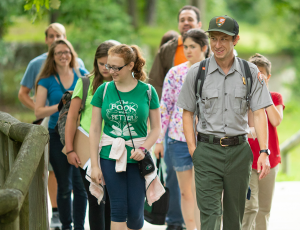
Science in the Park is a partnership between the National Park Service and the National Writing Project that brings teachers and park rangers together to plan and implement programming that welcomes young people and their families into national parks to play and learn science together. The collaborations between individual national parks and Writing Project sites funded by this grant will invite both teachers and park rangers to imagine how connected learning opportunities could be fostered to reach a broader audience. Each collaboration will use a local park as a platform for place-based, hands-on science learning. All partnerships will involve active engagement with the park’s resources and writing and publishing, while individual activities develop locally in relationship to the parks’ resources and local families’ interests and needs. Robust professional development opportunities for educators will help them develop place-based curricula that make use of local environmental and science-rich resources. The resources will support both the sharing of youth work and the supports for educators working in and outside of school, with the explicit goal of opening the walls of the classroom and the boundaries of the park.
Congratulations to these four teams! We’re looking forward to working with this exciting network of innovators throughout the year and sharing the lessons learned and best practices they discover in the process.
Learn more about the Families Learning Across Boundaries (FamLAB) Project, which is generously supported by the Heising-Simons Foundation, the Bezos Family Foundation, and Oath Foundation.
